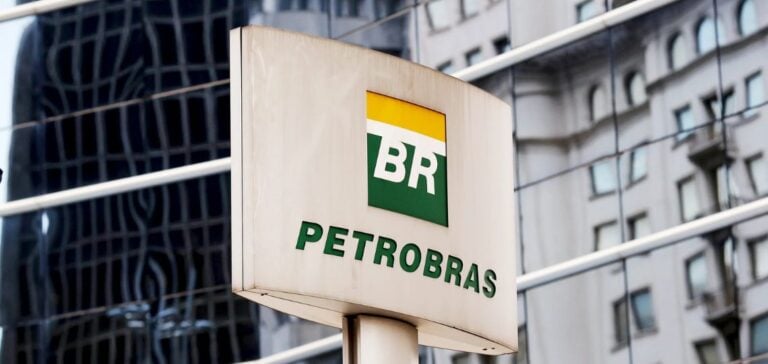Petrobras saw its share price fall by more than 12% at the opening of the Sao Paulo stock exchange. This reaction follows the announcement of a significant drop in its annual profit for 2023. The oil giant reported a 32.1% drop in earnings to $24.8 billion, mainly due to lower oil prices. However, this year remains the second most profitable in the company’s history, following a record net profit of $36 billion in 2022.
There are many reasons for this decline. Petrobras points in particular to the devaluation of Brent crude, which fell by 18%, and a reduction in margins on derivatives. Increased operating expenses also weighed on the company’s financial results. In 2022, Brent crude will average $101.19 a barrel, compared with $82.62 in 2023, putting further pressure on Petrobras’ performance.
Strategies and future prospects
In the last quarter of 2023, Petrobras recorded a profit of $6.259 billion. This figure, although up on the previous three months, marks a 24.1% decline on the fourth quarter of 2022. The failure to announce extraordinary dividends, contrary to expectations, also contributed to the fall in the share price.
Company president Jean Paul Prates stresses the importance of adopting a rational sales strategy and dividend policy. In particular, it stresses the need to take account of investment requirements to preserve the company’s financial strength. The caution announced by Mr. Prates, particularly in an interview with Bloomberg in which he spoke of a more measured approach to dividend distribution, had already led to a significant fall in Petrobras’ share price on February 28.
For Petrobras, 2023 represents a mixture of successes and challenges. However, the company has managed to maintain a stable financial position. Petrobras shares remain a barometer of the oil industry, reflecting market fluctuations and the adaptation strategies of major companies in the face of current economic and environmental challenges.





















